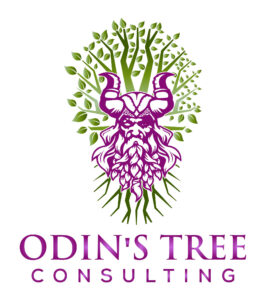In the fast-paced world of non-profit organizations, where resources are limited and goals are ambitious, the role of Human Resources (HR) may seem like a luxury rather than a necessity. However, in reality, an effective HR department plays a vital role in the success and sustainability of non-profit organizations. From attracting and retaining top talent to ensuring compliance with labor laws and fostering a positive work culture, HR professionals are the backbone of any non-profit organization. This article will delve into the importance of having an HR department and the critical functions it performs within the non-profit sector.
- Recruitment and Talent Acquisition:
One of the key responsibilities of HR in non-profit organizations is to attract and recruit the right individuals who align with the organization’s mission and values. HR professionals are skilled at creating job descriptions, conducting interviews, and assessing candidates against specific criteria. By employing a strategic approach to recruitment, HR can ensure that non-profit organizations hire individuals who possess the necessary skills, experience, and passion to contribute effectively.
- Employee Engagement and Retention:
Creating a positive work environment and fostering employee engagement are crucial for the success of any organization, including non-profits. HR plays a pivotal role in developing programs and initiatives that boost employee morale, productivity, and satisfaction. By implementing effective performance management systems, providing opportunities for professional development, and offering competitive compensation and benefits packages, HR ensures that employees feel valued and motivated to contribute their best.
- Compliance with Labor Laws:
Non-profit organizations, like any other entity, must comply with various labor laws and regulations. HR professionals are responsible for staying up-to-date with these laws and ensuring that the organization remains in full compliance. From managing payroll and benefits administration to addressing issues related to workplace safety and diversity, HR plays a critical role in mitigating legal risks and maintaining ethical practices within the organization.
- Training and Development:
Investing in the growth and development of employees is essential for non-profit organizations to remain competitive and efficient. HR professionals design and implement training programs that enhance employees’ skills and knowledge, enabling them to excel in their roles. By supporting continuous learning and professional development, HR contributes to building a capable and adaptable workforce that can navigate the challenges faced by non-profit organizations.
- Conflict Resolution and Employee Relations:
In any organization, conflicts and employee relations issues can arise. HR professionals are trained to handle and mediate these situations effectively, promoting harmony and resolving conflicts in a fair and unbiased manner. By fostering open lines of communication and establishing grievance procedures, HR ensures that employees’ concerns are addressed promptly, fostering a positive and inclusive work environment.
While non-profit organizations often face unique challenges, the need for an HR department remains paramount. HR professionals play a crucial role in attracting and retaining top talent, ensuring compliance with labor laws, and fostering a positive work culture. By investing in HR, non-profit organizations can build a strong foundation for success, ultimately enabling them to make a greater impact on the causes they support. Embracing the role of HR in non-profit organizations is not just a luxury but a necessity for long-term sustainability.




